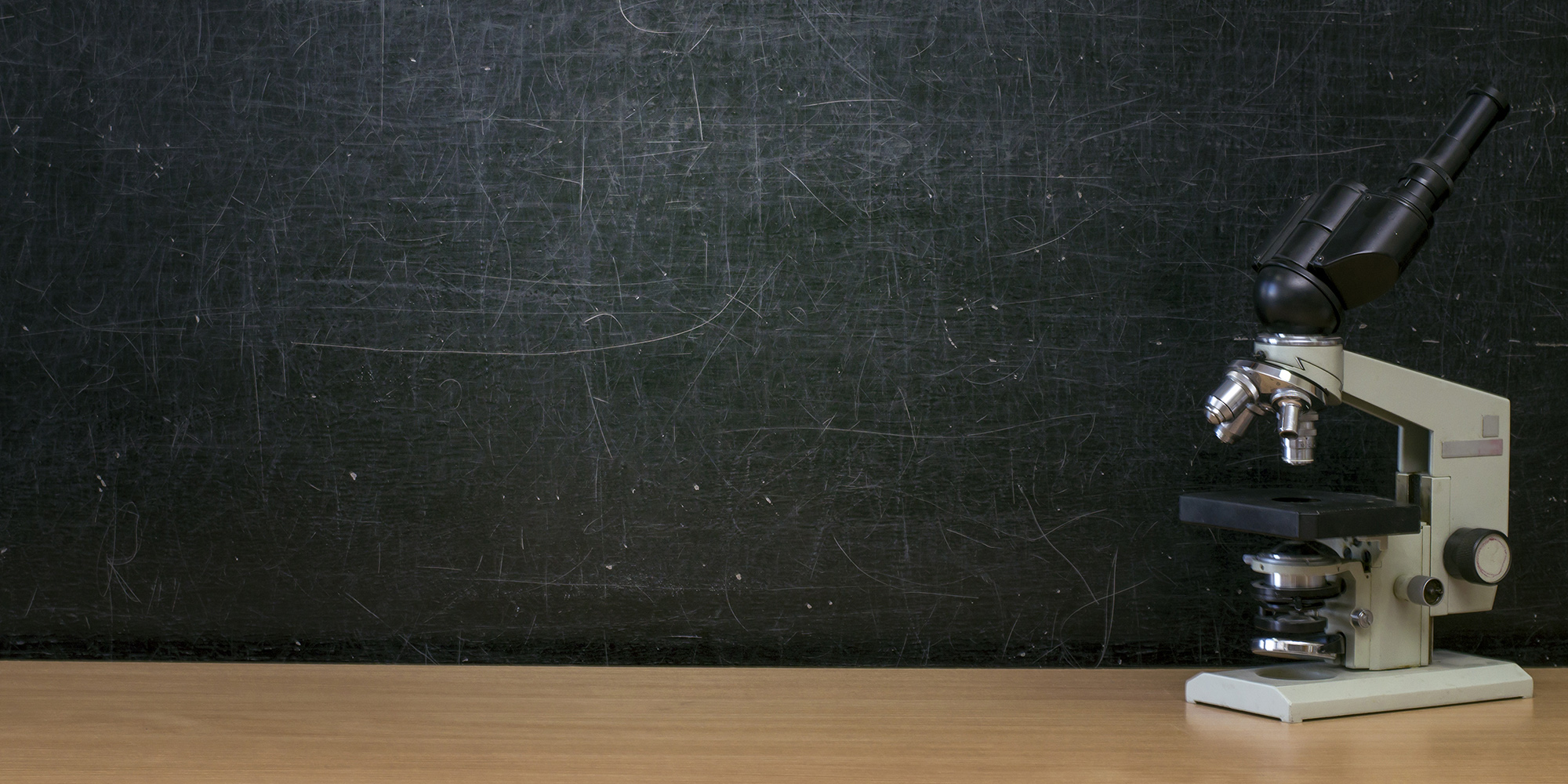Graduates Share Their Stories
For anyone who has pursued a higher education degree, you know how difficult it can be just to earn good grades and graduate. Now, imagine that you don’t have an experienced support network to navigate some of higher education’s most difficult challenges. This is the reality for most first-generation students in higher education.
According to the Postsecondary National Policy Institute, “First-generation undergraduates face myriad barriers in their pursuit to become the first in their families to graduate college. Predominantly non-white and from low-income backgrounds, they are often the first in their families to navigate college admissions, financial aid, and postsecondary coursework. Research has found significant differences in enrollment, degree attainment, and finances between continuing-generation students (whose parents have a bachelor’s degree or higher) and students whose parents have little or no college experience.”
Acknowledging these many barriers to higher education and the hard work necessary to overcome them, our Diversity, Inclusion, and Belonging Committee recently recognized our many employees who are first-generation graduates on First-Generation College Student Day. Each of their stories of achievement is unique and inspiring. Join us in recognizing and celebrating their successes.
Looking Up to Dama Logan
Growing up, Dama Logan saw family members struggle to remain consistently employed, feeling the impact each time the economy ebbed. This experience helped set an expectation that she and others in her family do well in school, go to college, and create better opportunities for themselves.
Though an only child, the oldest of her generation, Logan shared with younger cousins her experiences from advanced high school science courses and key learnings from earning a college degree in biology. By offering them guidance, books, and even lessons on financial aid paperwork, they were better prepared to know more about their opportunities and how to achieve success in their own educational pursuits. In turn, they were excited to share with her what they were learning in school, further fueling their interests and future aspirations.
“Many of my cousins went on to learn and do different things – they became a veterinarian, a preacher, and an artist and filmmaker. I knew they looked up to me, so by sharing my experiences, they were excited to go learn and succeed.”
Though initially interested in marine biology, Logan ironically developed an allergy to fish, which prompted a change in interests. She is now a staff chemist, directing formulation studies and crop protection studies, supporting the process of registering products with the EPA and other regulatory agencies.
For Alycia Delgado, Education was Structure
There is structure in science, being a systematic and organized body of knowledge. There are truths that have been discovered and unknowns just waiting to be. It was that structure that appealed to Alycia Delgado through her education.
“Growing up, we moved around a lot, but I always enjoyed learning new things – science, art, psychology – anything really. My education gave me the structure I needed to feed those interests, establish goals for my career, and propel me into this field.”
Having earned a bachelor’s degree in biology and a minor in chemistry, Delgado is now an assistant scientist and puts her education to use in one of our CLIA laboratories. In that role, she works on the National Institutes of Health’s Rapid Acceleration of Diagnostics (RADX) initiative. Supporting EUA and 510k submissions for the FDA, her work helps speed innovation in the development, commercialization, and implementation of technologies for COVID-19 testing. She’s proud to contribute to the science of public health that has such a significant positive impact on people’s lives and well-being. Only a few years out of school, it’s something she plans to build upon for years to come.
Brad Wahle is Far from the Farm
Brad Wahle’s grandfather earned good grades and won a scholarship to attend high school, but was needed on the family’s dairy farm, so couldn’t continue his education. His parents completed high school and then pursued opportunities in business school, the U.S. Navy, a local community college, and through self-learning, which was the basis for a very successful woodworking business. For Brad and his brother, inspired by these past sacrifices, college was the next step toward something better.
“My parents stressed educating yourself every day, whether in class or life. Then they worked hard to put us through school while they were starting a small business, which my brother still owns today.”
With a bachelor’s degree in animal science and a master’s degree in dairy science – focused on non-surgical embryo transfer and reproductive physiology of dairy cows – you might think Wahle is better suited to return to a dairy farm. But his understanding of science, coupled with years of on-the-job training in the field and a strong work ethic, have culminated in his current role as program manager and toxicology study director.
Alix Chronister Made the Right Decision
Beginning in 4th grade and inspired by her mother’s work as a physician’s assistant, Alix Chronister knew she wanted to be a doctor. She worked hard through high school, earning good grades while maintaining her interest in the medical field. Choosing her preferred school was easy, as she didn’t weigh a variety of options, selecting only from those she knew or had heard about. Completing her next steps to make college a reality proved difficult, as her family didn’t have experience to lean on. This included navigating the complexities of college applications, understanding the nuances of financial aid applications, and even scheduling campus visits. She persevered and completed her bachelor’s degree in ACS Biochemistry.
“After completing my undergrad, I had planned on going to medical school. But then during a gap year, I decided that I wanted to do research instead. That’s when I found MRIGlobal.”
Now working as an assistant chemist, Chronister’s work is focused on bioanalytics in support of a national toxicology program. Enjoyable work, the opportunity to participate on a variety of projects, and room for career growth make it evident that she made the right decision.
GETTING STARTED AT MRIGLOBAL
To learn more about the work we’ve done or how we can help you, contact us today. If you are part of an agency, business, or academic institution seeking assistance with a project, use our Project Quote Tool to get started.
SIGN UP FOR OUR NEWSLETTER
Sign up for the MRIGlobal newsletter! It’s the best way to get the latest updates in the world of applied scientific engineering research delivered directly to your inbox.

